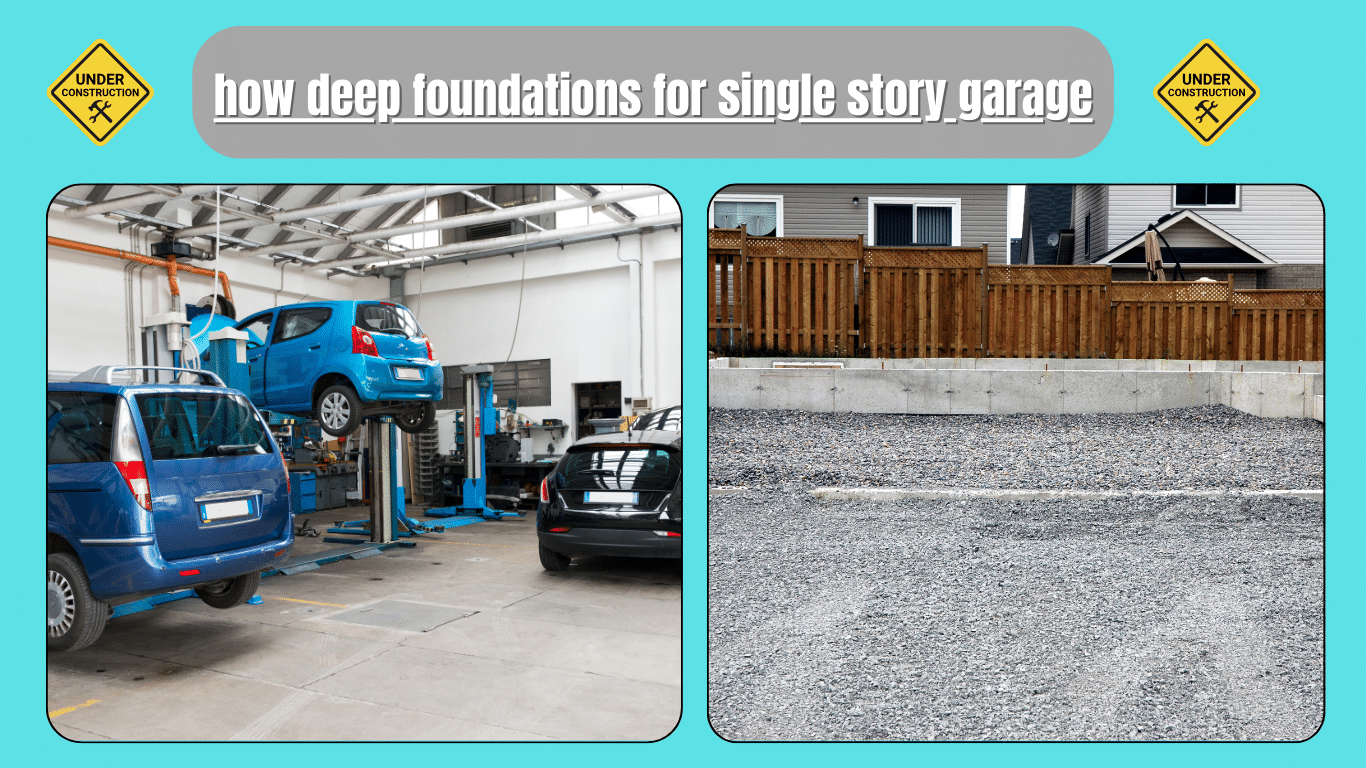Building strong foundations for single story garage is important. It’s like making sure the house is sitting on solid ground. Deep foundations are what we use to make sure the garage stays put and doesn’t sink or fall over. Instead of just putting the garage directly on the ground, deep foundations go deeper into the earth to give it extra support.
This helps to keep the garage steady, especially if it’s holding heavy stuff like cars or tools. So, when we talk about deep foundations for a single-story garage, we’re talking about making sure it’s strong and safe by putting it on an excellent base.
Deep Foundations for Single Story Garage
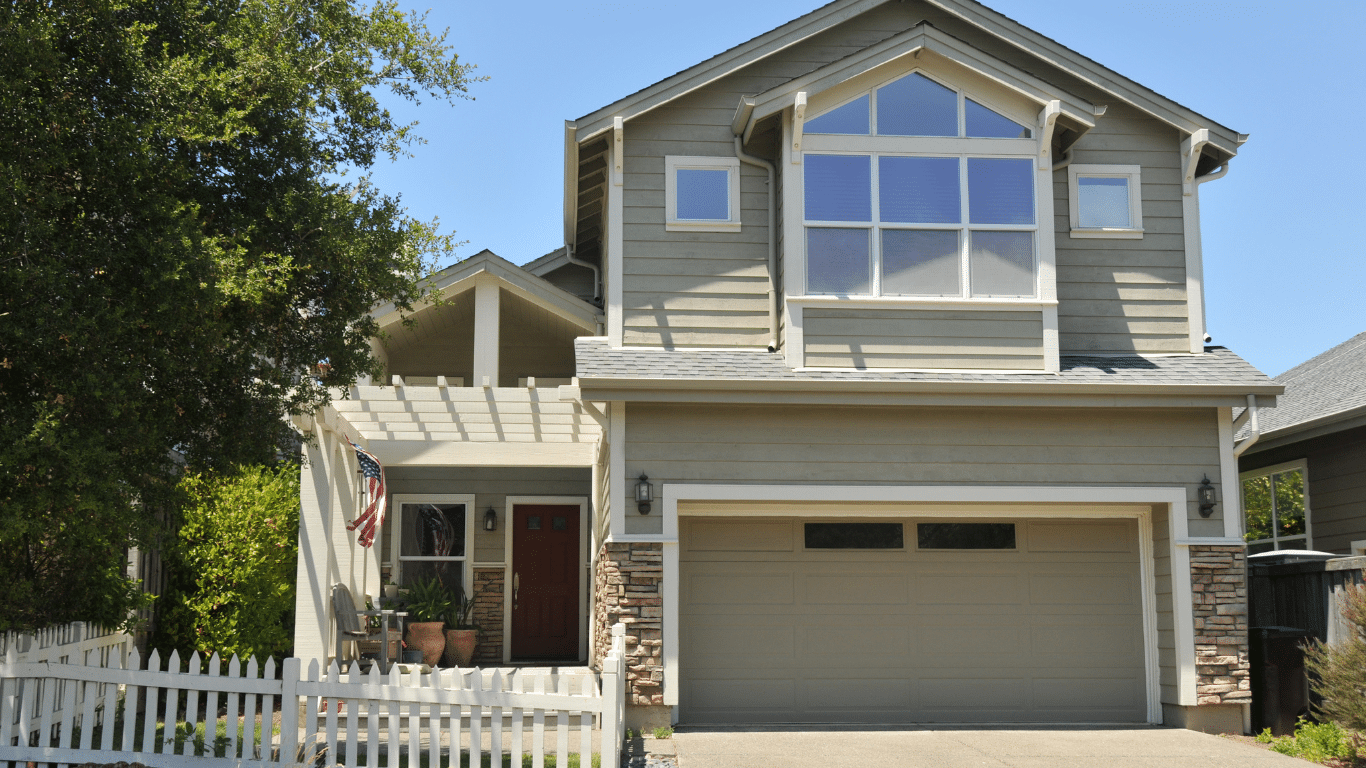
Building a single-story garage involves more than just putting up walls and a roof. It requires a solid foundation to ensure stability and longevity. In this article, we’ll delve into the importance of deep foundations for single-story garages, discussing what they are, why they’re necessary, and how they’re constructed.
Understanding Deep Foundations
When you think of a foundation, you might picture a concrete slab poured directly onto the ground. While this works well for many structures, it may not provide sufficient support for larger or heavier buildings like garages. Deep foundations, on the other hand, are designed to transfer the weight of a building deeper into the ground, where the soil is more stable.
Why Deep Foundations are Necessary for Single Story Garages
Single-story garages may seem relatively small compared to other buildings, but they still require sturdy foundations. Without proper support, the weight of the garage and anything stored inside could cause the ground to shift or settle over time, leading to structural damage or even collapse. Deep foundations help distribute the weight more evenly, reducing the risk of these problems.
Types of Deep Foundations
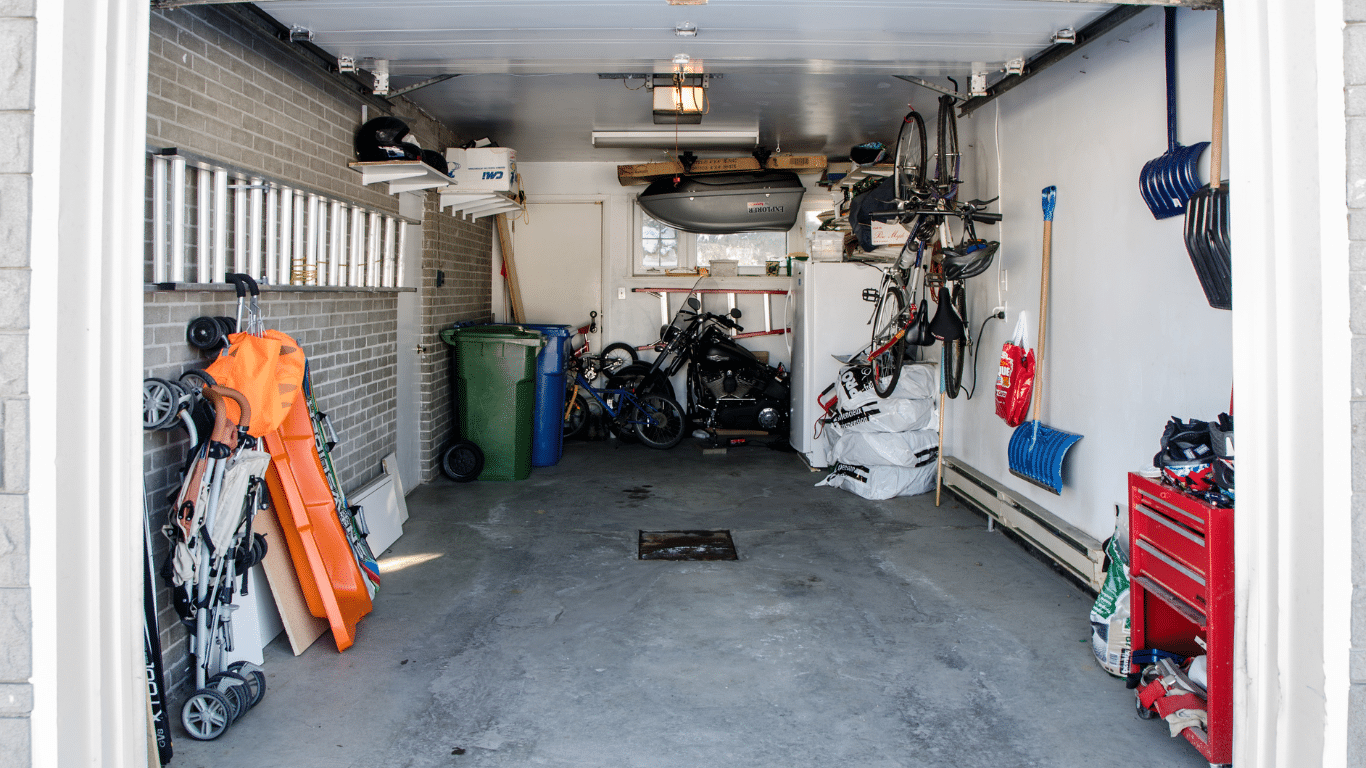
There are several types of deep foundations commonly used for single-story garages:
- Driven Piles
- Drilled Shafts
- Helical Piers
Driven Piles: These are long, slender columns driven into the ground using a pile driver. They’re typically made of steel or concrete and provide excellent support in areas with dense soil or bedrock.
Drilled Shafts: Also known as drilled piers or caissons, these foundations are created by drilling a hole into the ground and filling it with concrete or reinforced steel. They’re often used in areas with softer or more unstable soil.
Helical Piers: These are screw-like piles that are twisted into the ground using special equipment. They’re ideal for areas with difficult soil conditions or limited access for traditional foundation methods.
Constructing Deep Foundations
The process of constructing deep foundations for a single-story garage typically involves the following steps:
- Site Preparation
- Excavation
- Foundation Installation
- Concrete Pouring
- Curing and Inspection
Site Preparation: Before any construction can begin, the site must be cleared of any debris or vegetation. This ensures a clean, level surface for the building.
Excavation: A hole is dug to the required depth and diameter for the chosen type of deep foundation. This may require heavy machinery depending on the soil conditions.
Foundation Installation: The chosen foundation type is installed according to engineering specifications. This may involve driving piles, drilling shafts, or twisting helical piers into the ground.
Concrete Pouring: If necessary, concrete is poured into the excavated holes to provide additional support and stability.
Curing and Inspection: Once the foundation is in place, it must be allowed to cure properly before any further construction can take place. Inspections may also be conducted to ensure compliance with building codes and regulations.
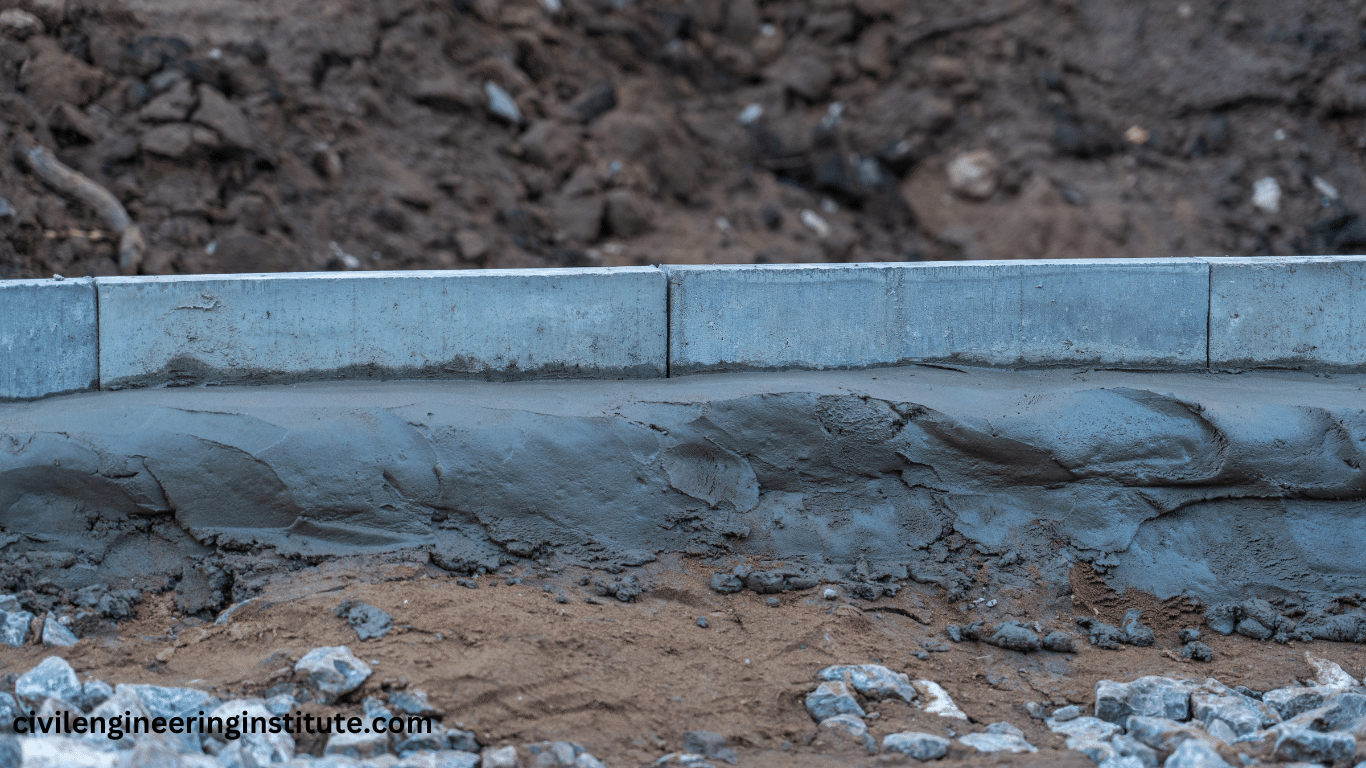
Benefits of Deep Foundations
Choosing deep foundations for your single-story garage offers several benefits:
- Strength and Stability
- Versatility
- Longevity
- Cost-Effectiveness
Strength and Stability: Deep foundations provide greater support and stability, reducing the risk of settlement or structural failure over time.
Versatility: Deep foundations can be adapted to suit a wide range of soil conditions, making them suitable for almost any building site.
Longevity: With proper maintenance, deep foundations can last for decades or even centuries, ensuring the longevity of your garage.
Cost-Effectiveness: While deep foundations may require a larger initial investment than shallow foundations, they can ultimately save you money by preventing costly repairs or renovations down the line.
Key points : How deep foundations for single story garage
How Deep Does a Foundation Need to Be for a Garage?
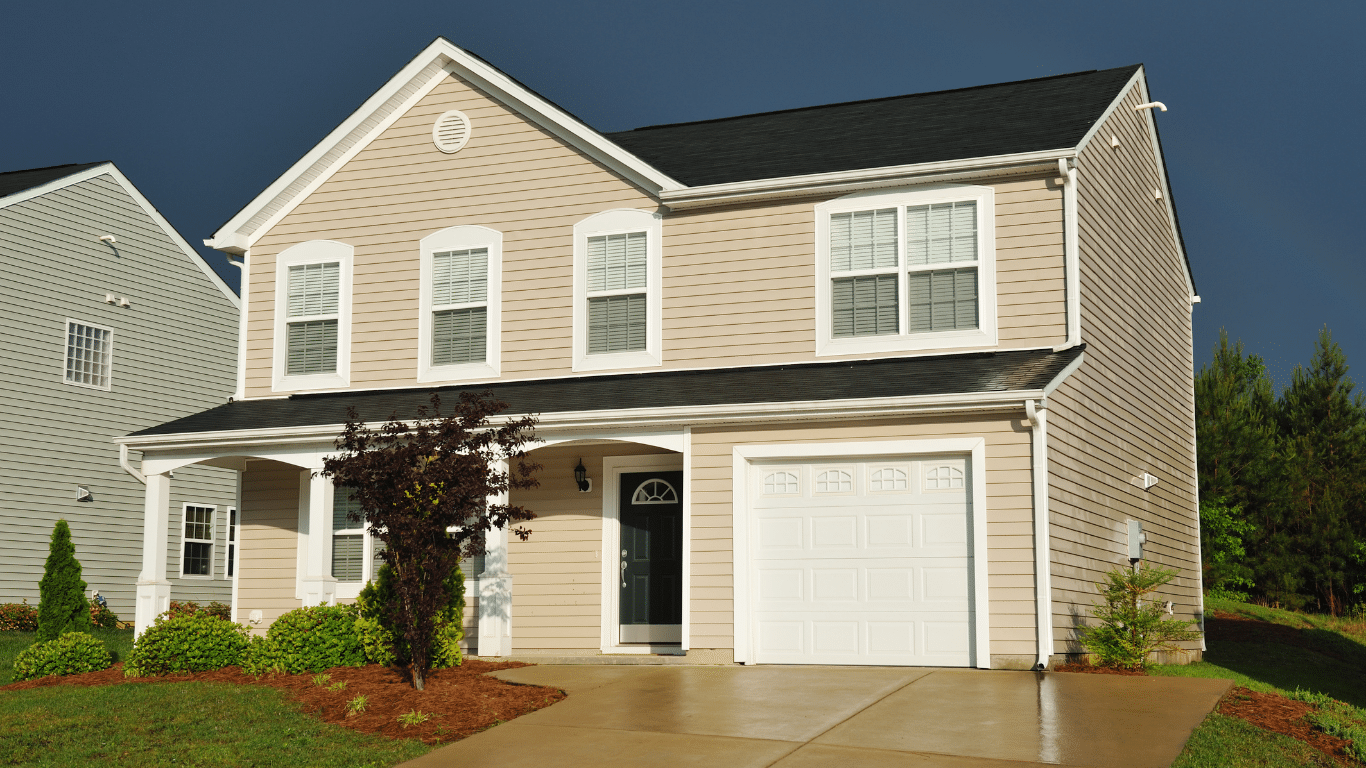
The depth of a foundation for a garage depends on various factors like soil type, climate, and local building codes. Generally, for a single-story garage, the foundation needs to be dug below the frost line to prevent it from shifting or cracking due to freezing temperatures. In colder regions, this could mean digging several feet deep to ensure stability.
What Foundation Do You Need for a Garage?
For a garage, you typically need a sturdy foundation that can support the weight of the structure and anything stored inside, like cars or tools. Common types of foundations for garages include concrete slab-on-grade, poured concrete footings with concrete blocks or piers, or even deep foundations like driven piles or drilled shafts in areas with unstable soil.
How Thick Should a Garage Footing Be?
The thickness of a garage footing depends on the weight of the garage and the soil conditions. In general, the footings for a single-story garage should be at least 8 inches thick and wider than the walls they support. However, thicker footings may be necessary for added support in areas with poor soil quality or heavy loads.
How High Should Foundation Be for Garage?
Local building codes and regulations usually determine the height of the foundation for a garage. In most cases, the foundation needs to be high enough to prevent water from entering the garage during heavy rain or flooding. This typically means that the foundation should be slightly above ground level, with proper drainage to redirect water away from the structure.
Does a Detached Garage Need Footings?
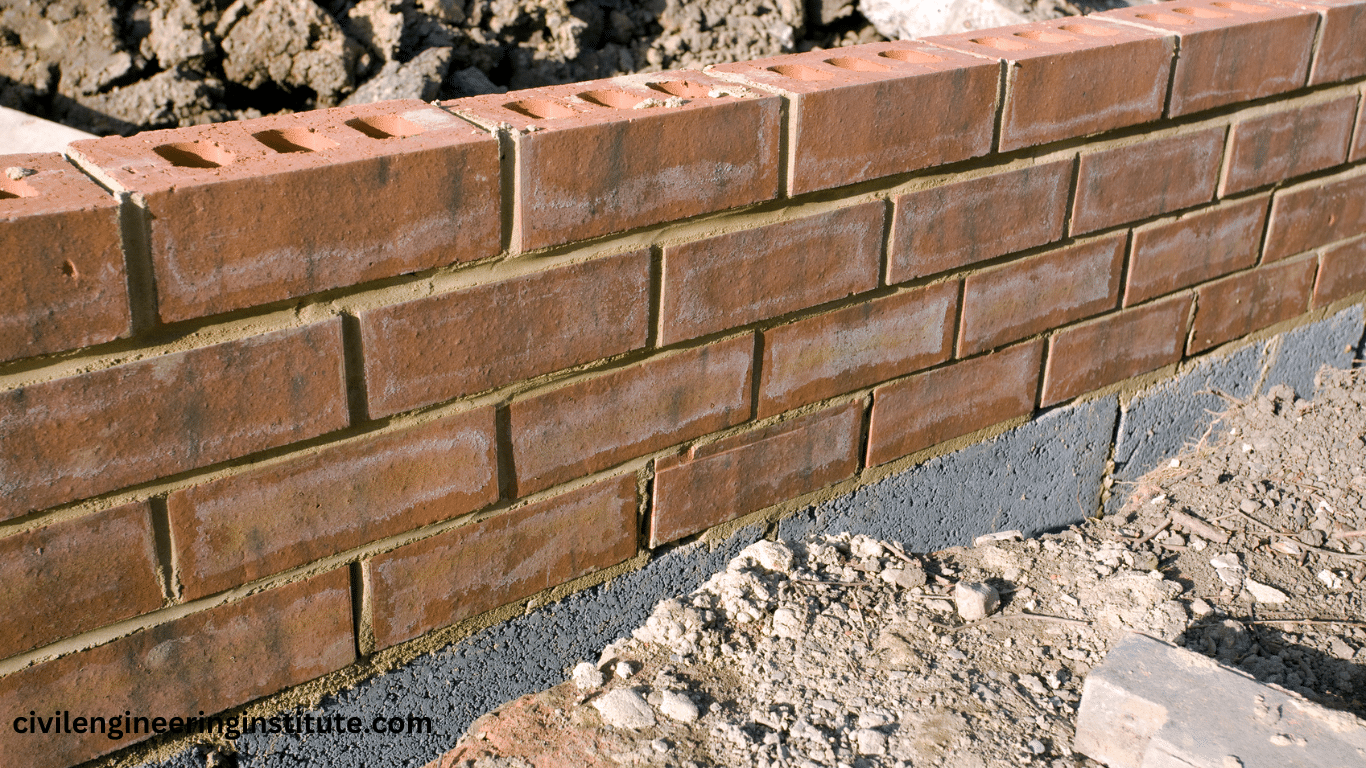
Yes, a detached garage typically requires footings to provide a stable base for the structure. Footings help distribute the weight of the garage evenly and prevent settling or shifting over time. The type and size of footings needed will depend on factors like soil type, climate, and the size of the garage.
How Do I Know if My Foundation Is Deep Enough?
To determine if your foundation is deep enough, you’ll need to consider factors like soil type, local building codes, and the weight of the garage. Consulting with a qualified engineer or building inspector can help ensure that your foundation meets the necessary depth requirements for stability and safety. Additionally, proper site preparation and soil testing can provide valuable information to determine the appropriate depth for your foundation.
Conclusion
Deep foundations are a crucial component of any single-story garage, providing the strength, stability, and longevity needed to support the structure over time. By understanding the importance of deep foundations and choosing the right type for your building site, you can ensure that your garage stands the test of time. Whether you opt for driven piles, drilled shafts, or helical piers, investing in a solid foundation is essential for the safety and durability of your garage for years to come.
FAQs
How deep should foundations be for a single-story garage?
The depth of foundations for a single-story garage varies depending on factors like soil type and local building codes. Typically, they should be dug below the frost line to prevent shifting or cracking due to freezing temperatures.
What are the best types of deep foundations for a garage?
The best types of deep foundations for a garage include driven piles, drilled shafts, and helical piers. These options provide excellent support, especially in areas with challenging soil conditions.
Do I need deep foundations for a small single-story garage?
Even for small single-story garages, deep foundations are important to ensure stability and prevent structural damage over time.
What factors determine the depth of garage foundations?
Factors such as soil type, climate, and local building codes play a significant role in determining the depth of garage foundations.
Are there specific regulations regarding the depth of garage foundations?
Yes, local building codes typically dictate the minimum depth requirements for garage foundations to ensure safety and structural integrity.
Can I use shallow foundations for a single-story garage?
While shallow foundations may be suitable for some structures, deep foundations are generally recommended for garages to provide adequate support and stability.
What are the risks of not having deep enough foundations for a garage?
Not having deep enough foundations for a garage can lead to settlement, cracking, and structural instability, potentially causing costly damage over time.
How can I determine the appropriate depth for my garage foundations?
Consulting with a qualified engineer or building inspector is the best way to determine the appropriate depth for your garage foundations based on factors like soil conditions and local regulations.
Are there any alternatives to deep foundations for a garage?
While deep foundations are commonly used for garages, alternatives such as raft foundations or soil stabilization techniques may be suitable depending on site-specific conditions.
What are the common problems associated with shallow garage foundations?
Shallow garage foundations may be more prone to settlement, cracking, and uneven weight distribution, leading to structural issues and potential safety hazards.
